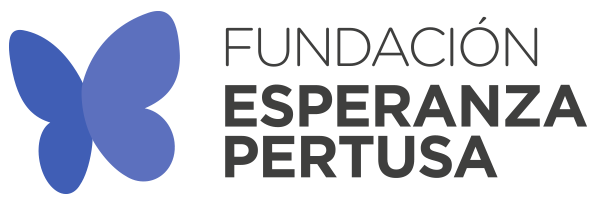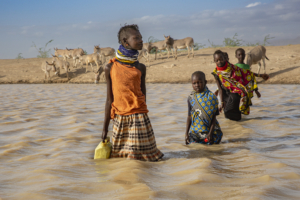Ng’akipi (Water)
Gisela Pretel
Turkana is the county located at the remote northwest tip of Kenya, bordering South Sudan, Ethiopia, and Uganda. It is an inhospitable, hostile, and arid land where nearly 1 million people have always struggled against the harsh effects of climate change, extreme and prolonged droughts, and all their consequences. It is also the second largest county in Kenya by area, long neglected by successive governments based in the capital, Nairobi. It is the poorest of the country’s 47 counties, with 88% of its residents living below the poverty line (according to the Kenya National Bureau of Statistics).
The Ng’akipi project, which means «Water» in Turkana, focuses on the consequences of violating the right to water in this corner of the world, directly affecting the most vulnerable: women, girls, and children.
Tribal conflicts escalate during droughts, especially in border areas. Many of its children cannot write their names but can use weapons such as the AK-47. Prolonged lack of water leads to a shortage of pastures and causes deaths of livestock, their most valuable asset. This is when animal thefts and conflicts between tribes (especially with the Dassanech and the Pokot) begin.
The lack of education for girls is due not only to high poverty rates and their nomadic condition but also because they, along with their mothers and sisters, are responsible for fetching water for their families every day, often from several kilometers away from their homes.
The water collected from uncontrolled aquifers, which for many Turkana is their only source of water, comes from underground filtration in riverbeds and from reservoirs ideally meant to provide drinking water for livestock. All of this water is exposed to fecal contamination, which is the most dangerous (particularly from animal feces).


